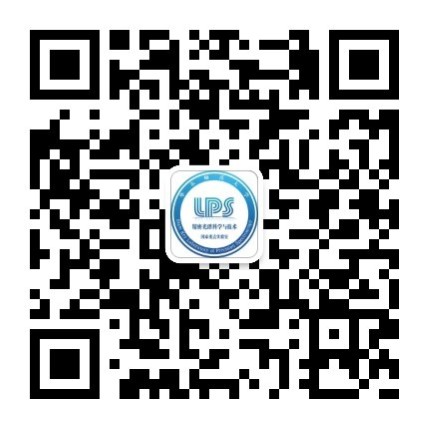报告人:Zheshen Zhang
单位:University of Michigan 美国密西根大学
主持人:荆杰泰教授
时间:2022年10月10日(周一)上午9:00
地点:光学大楼B325会议室
ZOOM会议 ID:897 1953 2612,密码:123456
参会链接:https://us06web.zoom.us/j/89719532612?pwd=Nmx2Vm4vTmJJeG9Ndk9jUEFHYytKUT09
报告人简介:
Dr. Zheshen Zhang is an Associate Professor of Electrical Engineering and Computer Science at University of Michigan-Ann Arbor. Prior to joining University of Michigan, Dr. Zhang was an Assistant Professor at University of Arizona (2017-2022), a Research Scientist, and a Postdoctoral Associate both at MIT (2012-2017). Dr. Zhang received his PhD degree in Electrical and Computer Engineering from Georgia Tech. Dr. Zhang's research encompasses a broad swath of the experimental and theoretical aspects of quantum networks, quantum communications, quantum sensing, and quantum computing. His team harnesses unique quantum resources such as entanglement to develop quantum sensors surpassing the classical measurement limits, quantum communication systems with enhanced security and capacity, quantum networks for long-range entanglement distribution, and quantum processors capable of tackling problems intractable on classical computers. His work was recognized by an NSF CAREER Award in 2022. Dr. Zhang currently serves on the Editorial Board of Communications Physics of Nature Portfolio.
报告内容简介:
The 20th century has witnessed the rise of quantum mechanics and its fueled scientific and technological revolution. The humankind is now on the verge of a second quantum revolution sparked by quantum information science and engineering (QISE). Entanglement as a quintessential quantum resource lies at the heart of QISE, giving rise to a plethora of quantum-enabled or enhanced capabilities that shift the landscape of communication, sensing, and computing. This talk will present a full-stack QISE approach building on foundational quantum materials, to functional quantum devices, and finally toward system-level entanglement-based applications. I will describe our recent experimental advances in entanglement-based QISE, including quantum machine learning for data classification, entangled sensor networks for precise radiofrequency and optomechanical sensing, and entanglement-assisted communication surpassing the ultimate classical capacity. Next, I will introduce two major endeavors to foster the transition from basic quantum research to near-term, widely impactful real-world quantum technologies: the development of scalable quantum photonics materials and devices and the construction of the Interdisciplinary Quantum Information Research and Engineering (INQUIRE) testbed, a distributed infrastructure to advance convergent QISE research and education.

